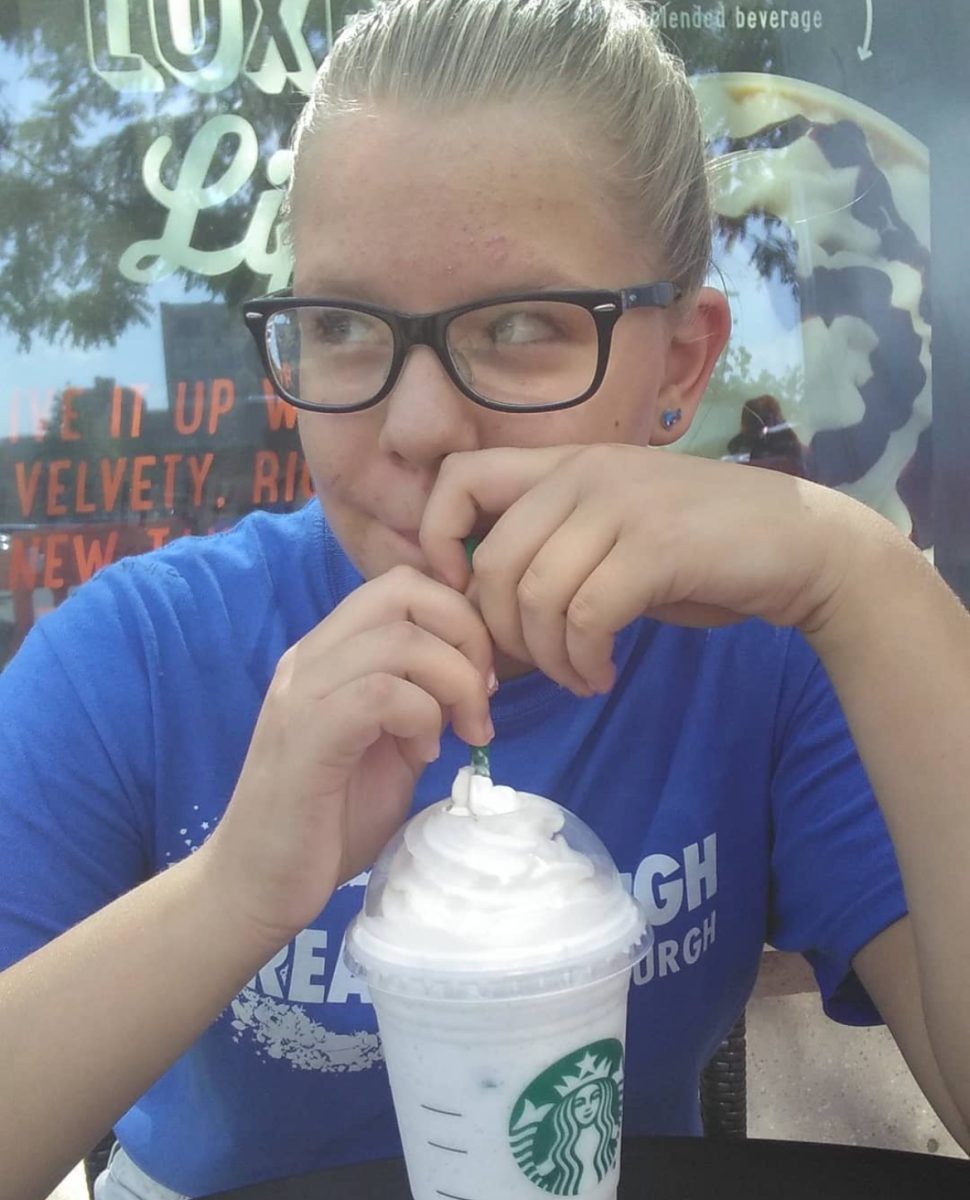Active Minds raises mental health awareness
By MICHAELA COWDEN
Contributing Writer
On Aug. 11, 2014, the world lost one of the brightest smiles and greatest actors. In honor of losing the beloved Robin Williams, we at Active Minds, want to take this opportunity to address the battle that Mr. Williams faced, one that many face: depression.
Unfortunately, when someone commits suicide, society often labels it as a selfish act.
“Weren’t they thinking about their family? Don’t they think about how it will affect others? Nothing is really THAT bad that you need to kill yourself.”
These are all very real questions and statements that buzz around after we hear about a suicide. However, all they accomplish is an increase in shame surrounding depression and mental illness in general.
The truth is, when someone is in such a deep depression that they are contemplating suicide, they are not thinking about how it affects others. In fact, in many cases, the person suffering from depression believes that the world and their families would be better off after they commit suicide.
Suicide is not a selfish act. It is a result of a person suffering so much, feeling so hopeless, that death seems like a better option than living. Maybe this sounds like a foreign concept to those who don’t know much about mental illness, but this is why the conversation about mental health needs to get started.
Jennifer Lawerence said it best: “I think that there’s such a huge stigma over [mental illness], that I hope we can get rid of or help… I mean, people have diabetes or asthma and they have to take medication for it. But as soon as you have to take medication for your mind, there’s this instant stigma.”
We at Active Minds could not agree more with Lawrence. If there was no shame associated with mental illness, if people weren’t made to feel crazy for having depression, anxiety, bi-polar disorder, etc., so many more people would seek treatment and get the help that they need. Robin Williams would probably still be here. My fellow classmates from high school that committed suicide would probably still be here. The people that you know that have killed themselves…would all probably still be here.
One misconception that I’ve seen many people feed into is the idea that mental illness is not a real illness, simply because it is of the mind. However, people who believe that misconception are blind to the fact that mental illness can cause physical problems. Heart arrhythmias, high blood pressure, migraine headaches, Irritable Bowel Syndrome and many other health problems can result from a mental illness. When nerve cells do not produce dopamine, Parkinson’s disease can result. When a person cannot produce insulin, diabetes is the result.
However, when a person suffers from depression, which results from insufficient serotonin levels, the disease is taboo and shameful. It makes no sense.
Mental illness should not be treated as the black market of health problems. It can kill people, just like any “physical” illness. It can lead sufferers to feel hopeless and that the only way out is through death. Imagine if the next time you were sick, society made you feel so ashamed for being sick that you felt like killing yourself was the only cure. This cannot continue on as the reality for mental illness. Too many people are dying, feeling ashamed or being labeled as crazy and deemed unfit for society. We need to make a change, and it starts with you and I.
So, the next time you want to call someone a psycho or talk about someone for not wanting to do anything because they are depressed, think about what you are doing. You are adding to the shame and stigma surrounding mental health. You are making it more difficult for that person to get help, and worst of all, you are making that person feel alone and misunderstood.
Instead of criticizing what a person is going through just because you don’t understand, be a friend, be an ally and let that person know that you care about them. When someone is faced with a battle and they feel like they are facing it alone, a small, kind word can go a long way. So I challenge each person who reads this to change the way they view mental illness, and we at Active Minds are more than dedicated to help facilitate that process.
If you have any questions, comments, or just want to learn more about mental health, contact us via email at [email protected]. Our weekly meetings are in the McKinley’s private dining room, every Monday at 9 p.m., and are always open to everyone.



